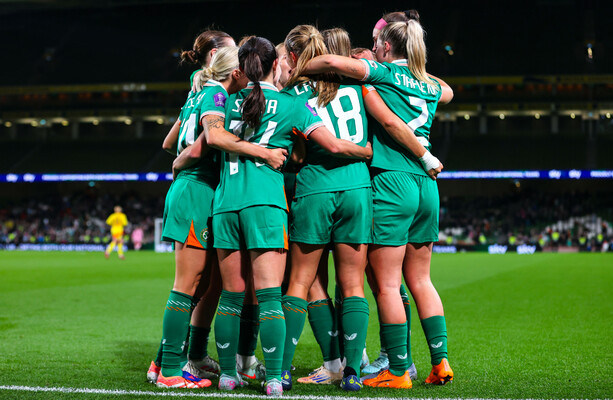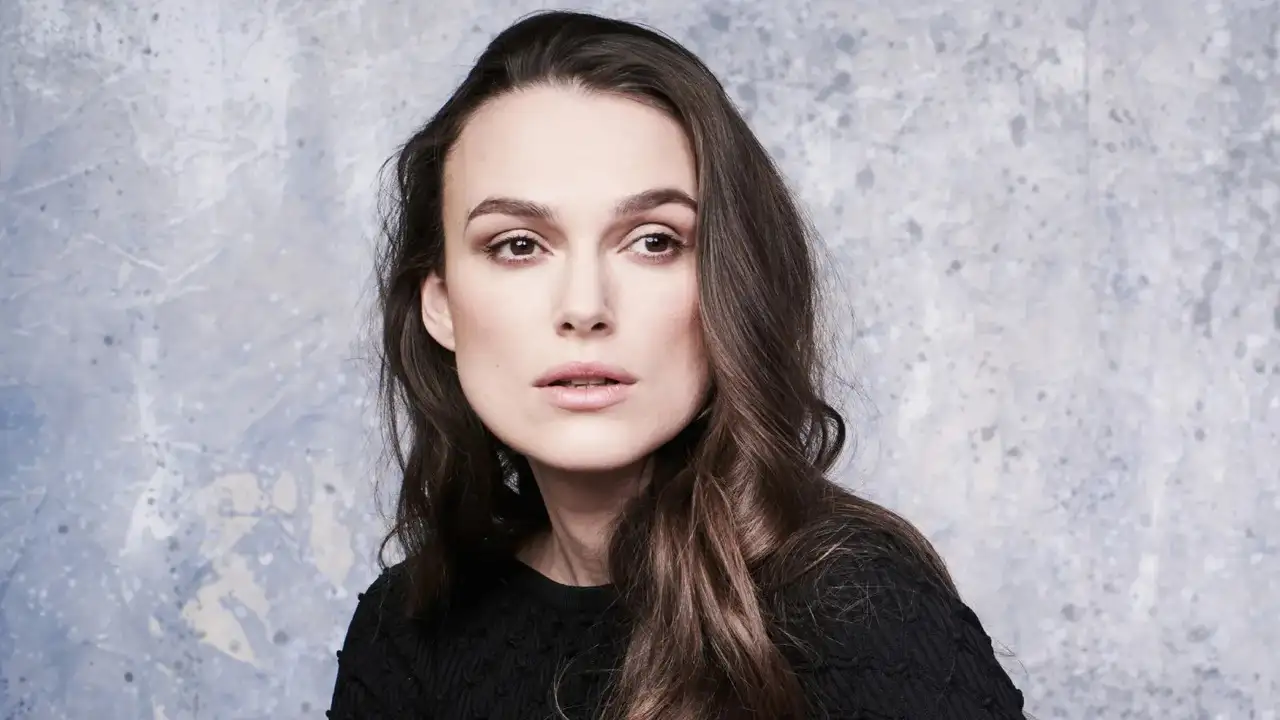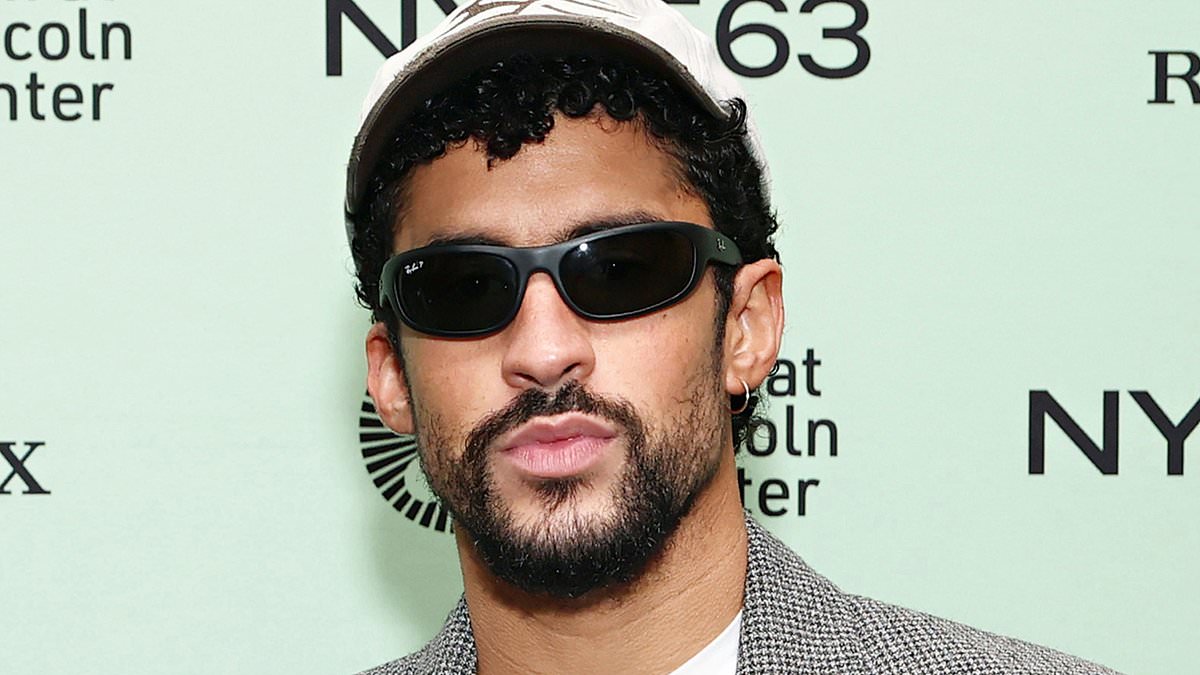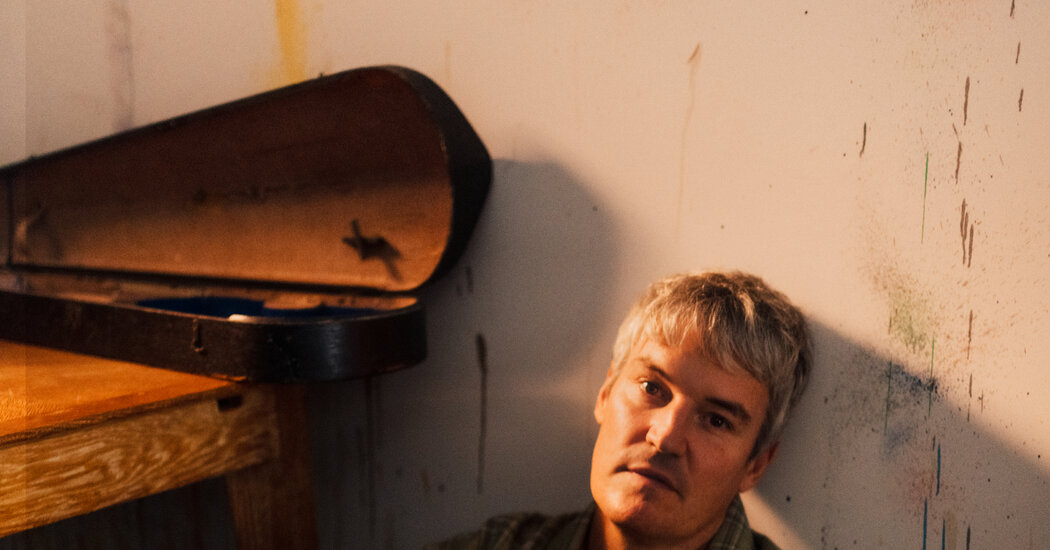Copyright the42

League of Ireland Horse Racing TV Listings GAA Fixtures The Video Review Sport meets news, current affairs, society & pop culture Rugby Weekly Extra Dive into all the news and analysis 3 times a week The Football Family Weekly insights from the week’s big talking points Advertisement More Stories Ireland’s Katie McCabe celebrates scoring the first goal against Belgium from a penalty with teammates.Ryan Byrne/INPHO How Irish football learned to stop worrying and love set pieces Carla Ward’s side had great success going direct against Belgium last night. 8.01am, 25 Oct 2025 Share options Paul Fennessy THE DATE is 8 August 2023. Vera Pauw’s future as Ireland manager is uncertain. The team have just completed a historic-but-underwhelming World Cup campaign. Ireland played three, lost two and drew their final game — a dead rubber against Nigeria. In the entire tournament, Ireland managed one goal, as Katie McCabe memorably scored directly from a corner. Speaking on RTÉ in her role as a pundit during the World Cup last-16 games, Louis Quinn gave her thoughts on the team. “I think we need to, something that maybe in general what Irish teams at times lack is going forward, is scoring a lot of goals and dominating some of these games,” the experienced defender said. “We have Katie McCabe, we have Denise O’Sullivan, Kyra Carusa is really coming into her own. We have brilliant attacking players. “I feel like on some side of the thing we are always going to defensively be sorted, so I think we really have to push on and figure out how we create more goals, apart from set pieces.” Those final four words felt particularly notable. For a long time in football, there has been somewhat of a stigma attached to set-piece goals. They tended to be associated with the weaker teams who punched above their weight but couldn’t really play — sides coached by perceived journeyman managers like Tony Pulis and Sam Allardyce. Quinn’s words echoed some of the conversations that were being had in men’s Irish football too. Under Martin O’Neill and Mick McCarthy, Irish teams were also criticised for their technical deficiencies and over-reliance on set pieces. Advertisement At the time of Quinn’s comments, Stephen Kenny was managing the men’s team. The former Dundalk boss, while not successful in terms of results, did implement a radical change of style. Before Kenny came along, every Irish manager that came after him played a variation of the Jack Charlton style — direct football that relied on pressing or putting the opposition under pressure with long balls and forcing them into errors. But in the sport more recently, there has been a surprising tendency to revert to this route-one football at the elite level. After the great success of Pep Guardiola’s teams, particularly his revolutionary 2008-2012 Barcelona side, their Johan Cruyff-influenced tiki-taka brand of football created countless imitators. In the last few years, Guardiola’s original style has become so pervasive that one of football’s most successful and innovative coaches is now radically revising his principles. Playing a big, pacy centre-forward up top (Erling Haaland) and a goalkeeper who is not especially comfortable with the ball at his feet (Gianluigi Donnarumma) feels like the antithesis of Guardiola, circa 2012. Last month, in a 1-1 draw with Arsenal, the Catalan boss defended tactics that saw his team play five at the back, and pragmatically try to defend their lead for long spells of the game with possession, which was the lowest of his lengthy tenure thus far at 32.8%. Mikel Arteta’s side, meanwhile, are similarly reliant on set pieces and physicality, and still, they are many people’s favourites to win the Premier League title this season. For years, there was almost an uneasy and self-loathing tone to Irish football commentary, as epitomised by Quinn’s aforementioned comments. As most of Europe was embracing Pep-ball, the perception of the national team was that it was stuck in the past, relying on ‘caveman’ football favoured by managers such as O’Neill and Giovanni Trapattoni, while even League of Ireland sides like Dundalk were adapting to football’s modernised standards. Yet in 2025, after the widespread acknowledgement that the Kenny experiment failed, it is starting to feel like Ireland are happy to embrace direct football again. In the case of the men’s team, one of Heimir Hallgrímsson’s primary tactics is embracing long throw-ins and set pieces generally. The football may not be as pleasing on the eye, but the results are at least starting to become marginally better — the laborious 1-0 victory over Armenia earlier this month was the national team’s first home win in a World Cup qualifier since 2017, when O’Neill was manager. Republic of Ireland 4-1 Belgium Turning into a wonderful night for Carla Ward's side as Marissa Sheva rattles home the fourth to the roof of the net 📺 Live coverage on @rte2 and @RTEplayer 📱Updates https://t.co/BTJ0s9rh7W pic.twitter.com/FE2dwMOaRD— RTÉ Sport (@RTEsport) October 24, 2025 The women’s team also appear to have cast aside aspirations to play in a more adventurous fashion and focus more on the perceived strengths of Irish football post-Charlton. Carla Ward had a somewhat rocky start to her reign, with the team suffering a shock 4-0 defeat to Slovenia in just the manager’s second match in charge, when the team adopted an open, expansive and somewhat naive approach. But on the evidence of last night, things are really beginning to click. The 4-2 Nations League play-off first-leg victory came against a Belgian side who are ranked 20th in the world (Ireland are 27th), and who have beaten both Portugal and England this year, while world champions Spain needed two stoppage-time goals to defeat the Red Flames 3-2. What was most notable at the Aviva last night was how much the Belgians struggled with straightforward deliveries into the box. Even when the visitors managed to clear their lines, there was a palpable nervousness in the way they dealt with Ireland’s imposing attackers. It was no surprise that two of Ireland’s goals emanated from set pieces. The opener, when a delivery into the box caused havoc and eventually led to a penalty. And Marissa Sheva’s stunning strike, which occurred as Belgium struggled to clear a McCabe corner. The second Ireland goal was not from a set piece, but it was caused by a deep delivery into a danger zone. Republic of Ireland 2-1 Belgium Ireland re-take the lead as soon as they lose it. Katie McCabe's deep cross from the left rebounds off the post, off Nicky Evrard's back and into the net 📺 Live coverage on @rte2 and @RTEplayer 📱Updates https://t.co/BTJ0s9rh7W pic.twitter.com/dolsvWLwmY— RTÉ Sport (@RTEsport) October 24, 2025 And even the well-worked third goal began with Ireland going direct to Carusa, and the striker holding the ball and laying it off the way Niall Quinn once did so routinely in the old Lansdowne Road. “We’re always strong on set pieces,” Sheva said afterwards. “I think that’s one of our trademarks. We have incredible technicians who are capable of putting the ball on the platter, and then we have some of the best headers in the world. So I think that’s just a strong suit, and we carry that into every game.” That may be so, but it feels like Irish football hasn’t always worn this forte as a badge of honour. For once, though, it seems Irish and European footballing trends are in sync, and any sense of stigma around set pieces has been eradicated. Paul Fennessy Viewcomments Send Tip or Correction Embed this post To embed this post, copy the code below on your site Email “How Irish football learned to stop worrying and love set pieces”. Recipient's Email Feedback on “How Irish football learned to stop worrying and love set pieces”. Your Feedback Your Email (optional) Report a Comment Please select the reason for reporting this comment. Please give full details of the problem with the comment... This is YOUR comments community. Stay civil, stay constructive, stay on topic. Please familiarise yourself with our comments policy before taking part. Leave a Comment Submit a report Please help us understand how this comment violates our community guidelines. Damaging the good reputation of someone, slander, or libel. Racism or Hate speech An attack on an individual or group based on religion, race, gender, or beliefs. Trolling or Off-topic An attempt to derail the discussion. Inappropriate language Profanity, obscenity, vulgarity, or slurs. Advertising, phishing, scamming, bots, or repetitive posts. Please provide additional information Thank you for the feedback Your feedback has been sent to our team for review. Leave a commentcancel Access to the comments facility has been disabled for this user View our policy ⚠️ Duplicate comment Post Comment have your say Or create a free account to join the discussion Katie McCabe Ireland Republic 'As soon as my agent told me Munster were in for me, it was a no-brainer' Loughmacrory 'It’s a dream come true' - The stunning rise of Tyrone's new senior football finalists Declan Bogue Irish Abroad Irish analyst Foy rising through the ranks in New Zealand FreeHurling 'I'd love to give it another rattle again' - Noel McGrath set on Tipp return in 2026 Declan Bogue Munster keen to make another statement as Connacht come to Thomond FreeReaction 'It felt like it was one of the prettier goals I've scored' FreeReaction 'I grew up watching Robbie Keane scoring hat-tricks when it was Lansdowne Road' Reports from Aviva Stadium FreeAs it happened Ireland v Belgium, Nations League play-offs Leinster set to hand out five debuts against Zebre (including Dan Sheehan's younger brother) Connacht make nine changes for Munster clash Welsh rugby to axe one team as part of overhaul more from us Investigates Money Diaries The Journal TV Journal Media Advertise With Us About FactCheck Our Network FactCheck Knowledge Bank Terms & Legal Notices Terms of Use Cookies & Privacy Advertising Competition more from us TV Listings GAA Fixtures The Video Review Journal Media Advertise With Us Our Network The Journal FactCheck Knowledge Bank Terms & Legal Notices Terms of Use Cookies & Privacy Advertising Competition © 2025 Journal Media Ltd Terms of Use Cookies & Privacy Advertising Competition Switch to Desktop Switch to Mobile The 42 supports the work of the Press Council of Ireland and the Office of the Press Ombudsman, and our staff operate within the Code of Practice. You can obtain a copy of the Code, or contact the Council, at https://www.presscouncil.ie, PH: (01) 6489130, Lo-Call 1800 208 080 or email: mailto:info@presscouncil.ie Report an error, omission or problem: Your Email (optional) Create Email Alert Create an email alert based on the current article Email Address One email every morning As soon as new articles come online Sign in or create a free account To continue reading create a free account Or sign into an existing account



